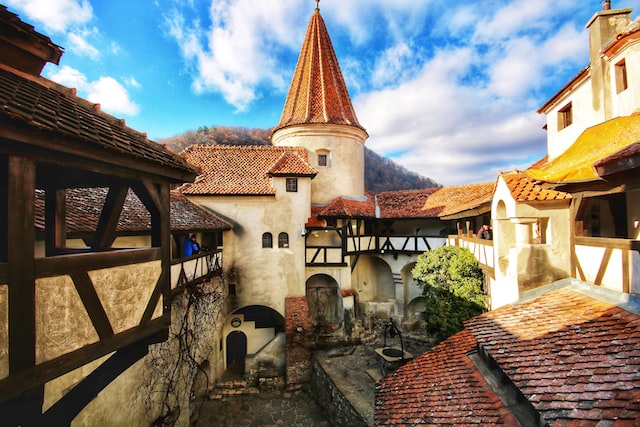WHY TO CHOOSE CROATIA


People may choose to move to Croatia for a variety of reasons, including quality jobs, culture, food, traditions, Schengen benefits, nature, parties, and tourism. Croatia offers a rich culture and history, beautiful natural landscapes, a pleasant climate, and a relatively low cost of living compared to other European countries.
In terms of job opportunities, Croatia has a growing economy and is particularly strong in areas such as tourism, IT, and services. However, the job market can be competitive, and it may take some time to find suitable employment.
If you are a non-EU citizen, you will need a work visa to work in Croatia. The time it takes to obtain a visa can vary depending on your nationality and the type of visa you are applying for, but it can take several weeks or even months in some cases.
Regarding salary for Asians, this can vary depending on the job and the employer. It’s important to research job opportunities and salaries in your field before moving to Croatia to ensure that your salary will meet your financial needs.
As for sponsorship and job criteria, you will need to meet certain requirements to be eligible for a work visa in Croatia. These requirements can include having a job offer from a Croatian employer, meeting certain education or experience qualifications, and having a clean criminal record. It’s important to research the specific requirements for your situation and to work with a reputable immigration lawyer or consultant to help you navigate the visa process.


The basic salary for blue-collar jobs in Croatia can vary depending on the industry, job type, and level of experience. However, the minimum wage in Croatia is currently set at HRK 4,250 (approximately USD 665) per month.
As for the demand for Asian labor in Croatia, it can also depend on the industry and job type. While some employers may actively seek to hire foreign workers, including those from Asia, it’s important to note that non-EU citizens may face additional hurdles when it comes to obtaining work visas.
The salary that Asian workers can earn in Croatia can vary depending on the job and the employer. As I mentioned earlier, it’s important to research job opportunities and salaries in your field before moving to Croatia to ensure that your salary will meet your financial needs.
In terms of permanent residency (PR) opportunities, non-EU citizens can apply for permanent residency in Croatia after living and working in the country for five years. However, the application process can be complex, and it’s important to work with an immigration lawyer or consultant to ensure that you meet all the requirements.
Croatia also offers further education options for those interested in advancing their careers or pursuing higher education. The country has several universities and other institutions of higher education, and many programs are taught in English.
Finally, as a member of the Schengen Area, Croatia offers the opportunity for non-EU citizens to move to other Schengen countries. However, it’s important to note that this will depend on the visa and residency status of the individual, and additional requirements may need to be met.
I hope that helps! Let me know if you have any other questions.
Get fresh content from goimmigrants
EXPLORE BY TAG
Work Profile You like to Apply for
Newsletter
Subscribe to our newsletter to keep upto date with us.
Categories
- Nursing & Caregiver Jobs in Germany
- Mauritius Study Visa
- Delivery Jobs
- WHY MOVED TO CROATIA
- What’s new in Europe
- Companies
- Labor market
- HR
- Clients
- Videos

















